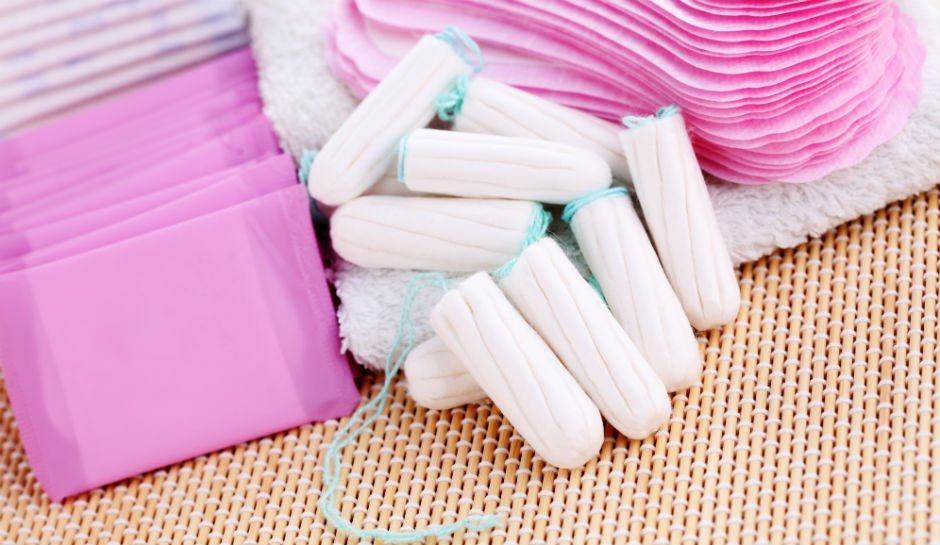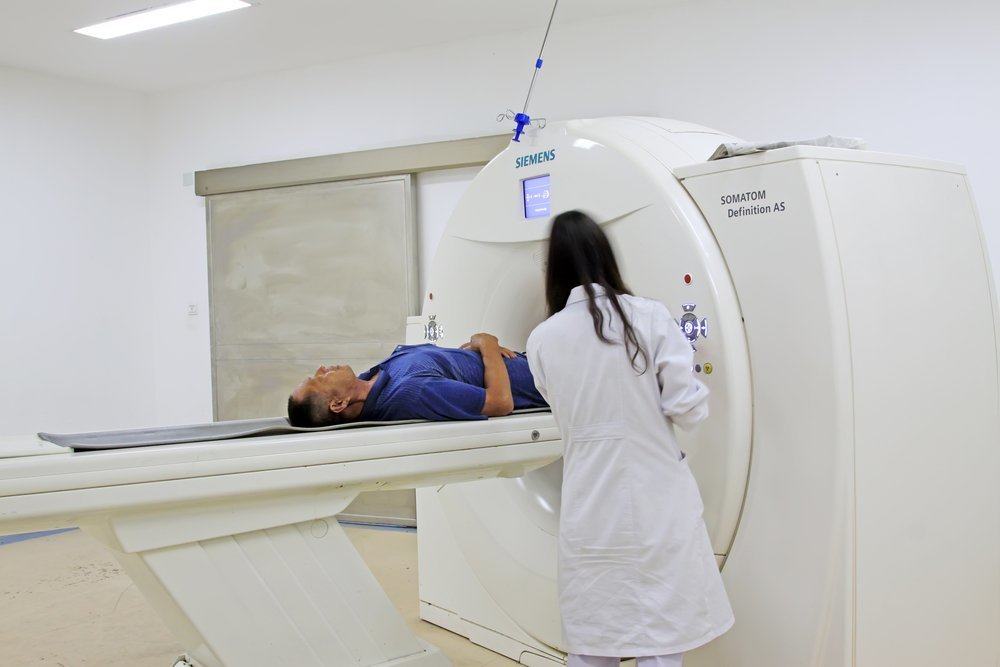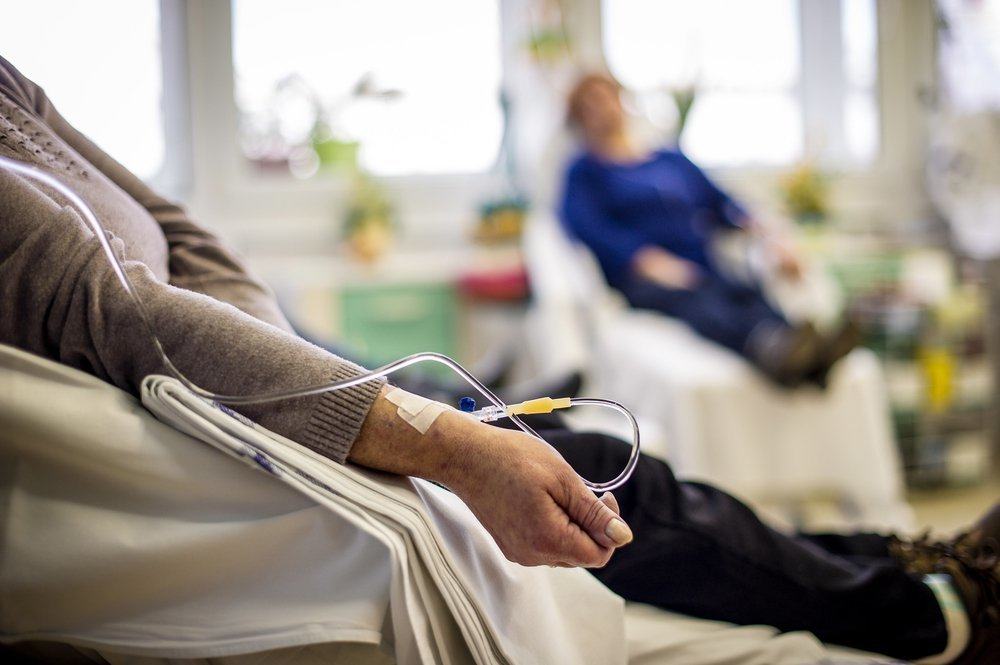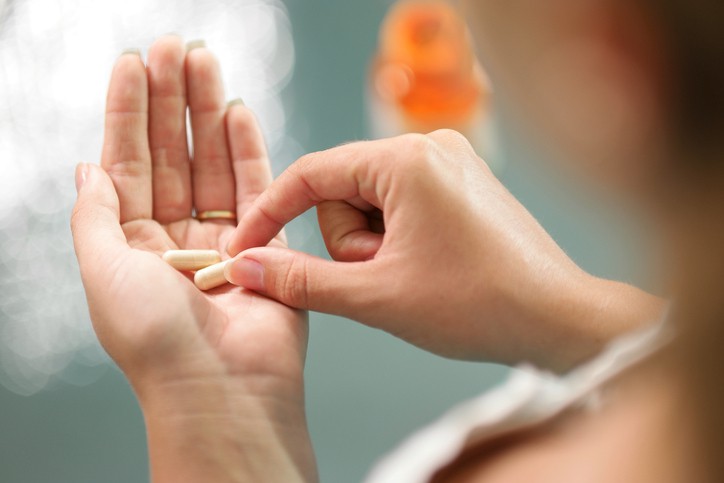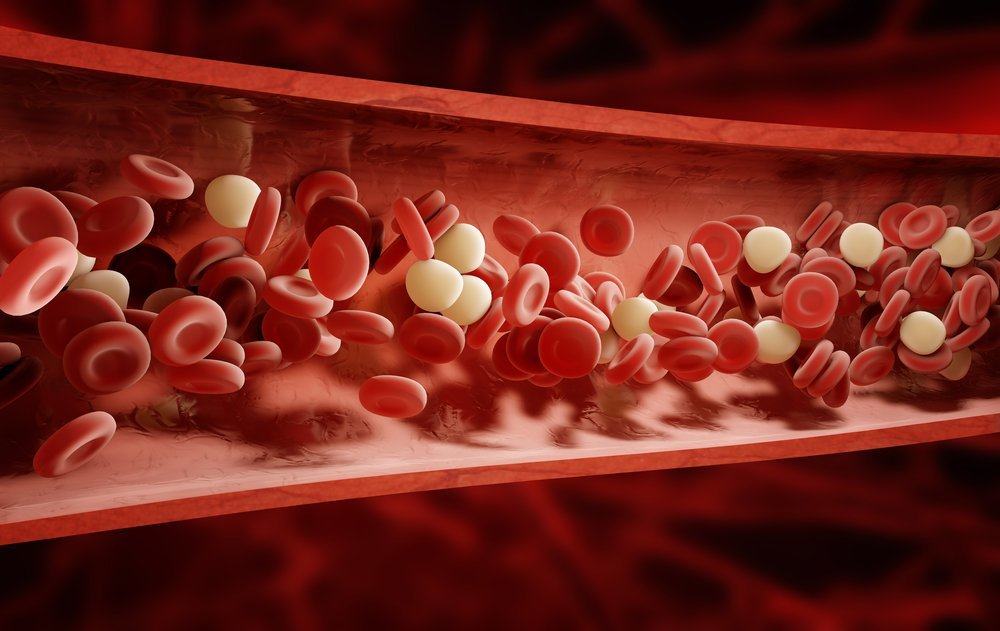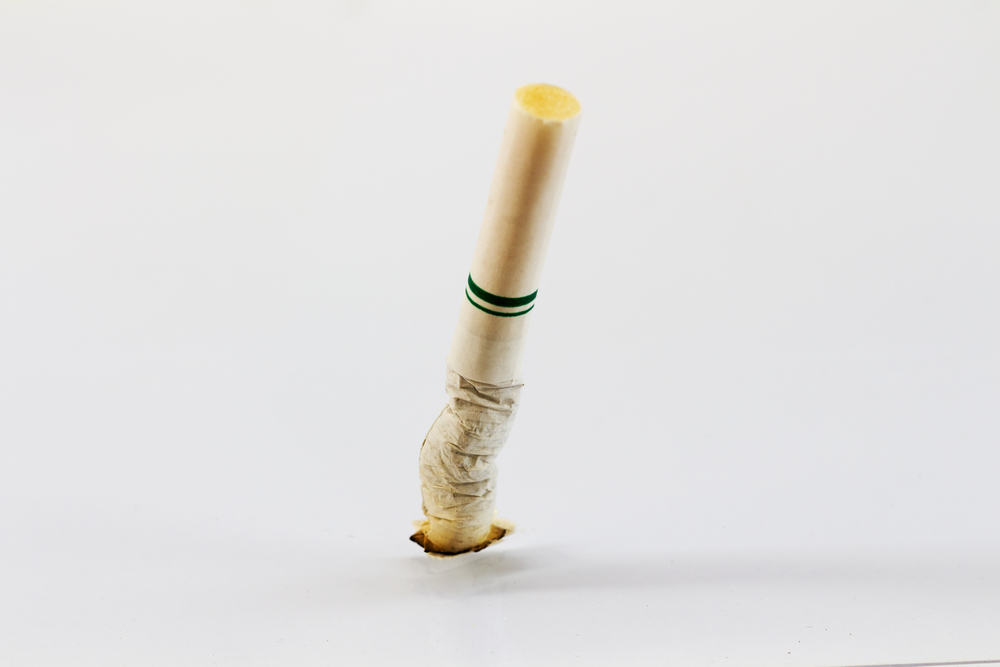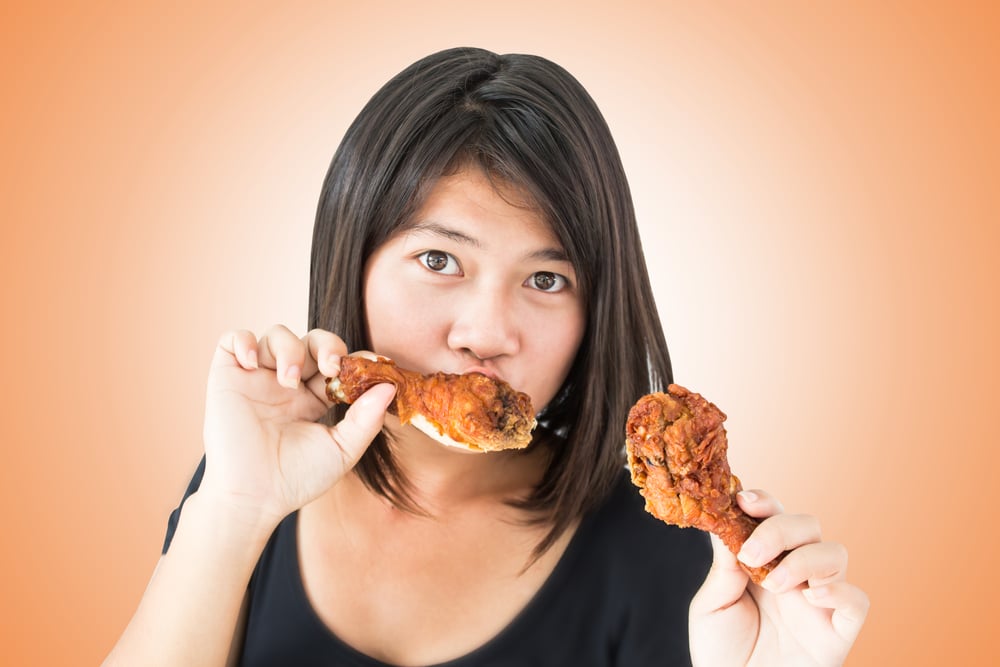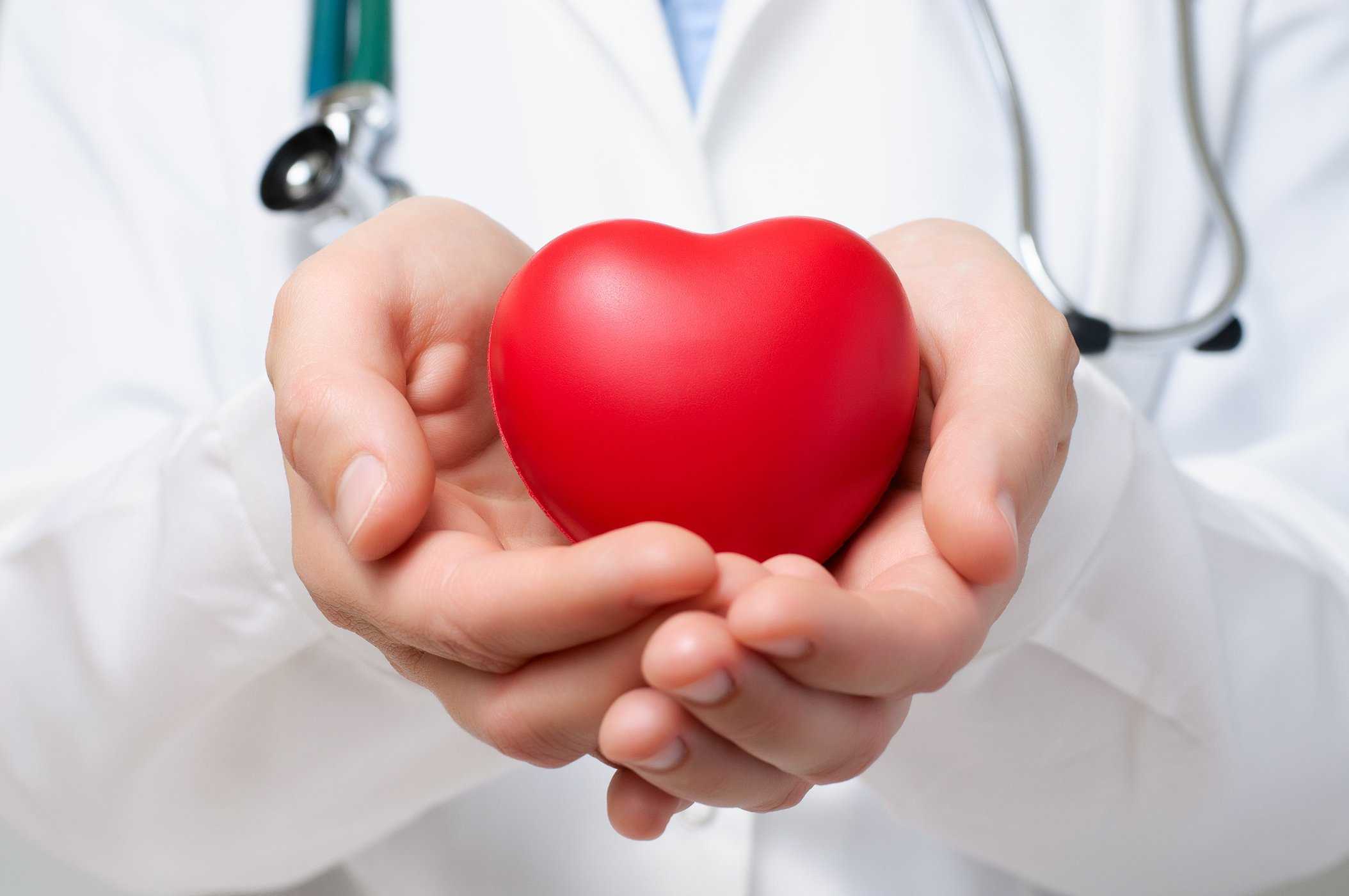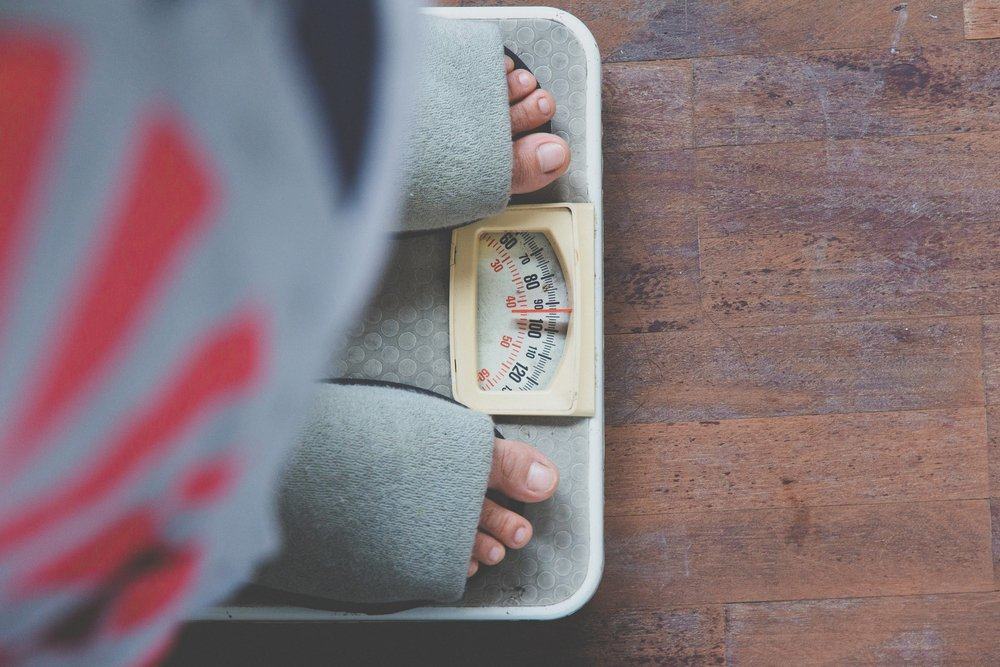Contents:
- Medical Video: Labor And Delivery Child Birth | Manipal Hospitals
- The importance of nutrition after giving birth
- Various dietary restrictions after giving birth
- 1. Caffeinated foods and drinks
- 2. Spicy food
- 3. Oily food
- 4. Foods that are acidic and acidic
Medical Video: Labor And Delivery Child Birth | Manipal Hospitals
Various recommended foods and taboos should usually be followed during pregnancy. This is so that your pregnancy is healthy and your baby's growth in the womb goes well. After you give birth, maybe you think you can eat whatever you want. But, don't forget that after giving birth to your body you still need time for the recovery process and you are also faced with breastfeeding. Well, what are the dietary restrictions after giving birth?
The importance of nutrition after giving birth
Not only nutrition during pregnancy that must be considered, but it turns out that nutrition after pregnancy must also be considered. Why? After pregnancy, your body needs good nutrition for the body's recovery process after giving birth. In addition, this nutrient is also needed to produce breast milk in the mother's body.
Actually, weight gain gained during pregnancy can help you provide nutritional needs during the recovery and breastfeeding process. However, this reserve cannot provide nutrients for a long time. So, after giving birth you still have to pay attention to the food you eat.
Various dietary restrictions after giving birth
After giving birth, your assignment is not finished because you have to breastfeed your baby. For that, you still need to pay attention to every food that enters your body. There are foods that you have to consume and there are also dietary restrictions after giving birth. Remember, the food you eat during breastfeeding can get to your baby through breast milk. For that, you may need to avoid some foods so that the milk that enters your baby's body does not cause problems.
Some foods that you need to avoid or limit your consumption after giving birth are:
1. Caffeinated foods and drinks
Coffee, chocolate, or tea are examples of foods and drinks that contain caffeine. Caffeine will not cause problems if only a few enter the body. However, large amounts of caffeine that enters the body may cause problems, such as difficulty sleeping and dehydration.
Not only that, caffeine can also mix with breast milk so that caffeine can enter your baby's body. If your baby seems very uneasy, nervous, and has trouble sleeping, it may be a sign that you consume too much caffeine. Try to limit coffee consumption per day and see the difference in your baby.
2. Spicy food
Eating spicy foods when you are breastfeeding may cause discomfort to you and your baby. Spicy foods can cause you to experience heartburn and stomach pain, even diarrhea. This certainly can interfere with breastfeeding the baby. In addition, spicy foods can also cause colic in infants. For this reason, it is recommended for nursing mothers to limit consumption of spicy foods.
3. Oily food
Greasy or fatty foods are foods that are difficult to digest. It's best to avoid eating these foods for several days after giving birth. Fatty and oily foods can cause digestive disorders, stomach feels burning, and gassing.
Also, eating too much oily and fatty food can also cause you to gain weight. This can make you feel inadequate and uncomfortable with your own body.
4. Foods that are acidic and acidic
Acid and acidic foods can make your digestion uncomfortable. This food may also make your baby colic. Some of the sour or sour foods you should avoid a few days after giving birth are nuts, cabbage, cauliflower, broccoli, and soft drinks.


